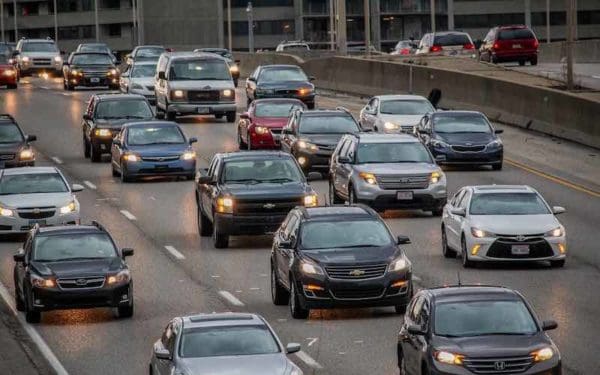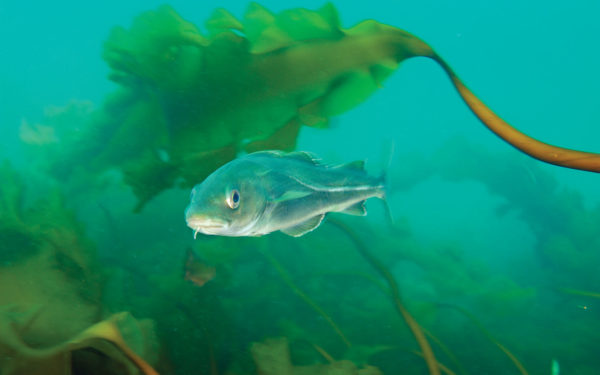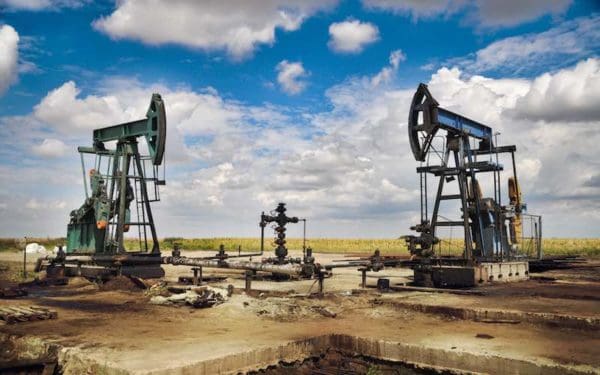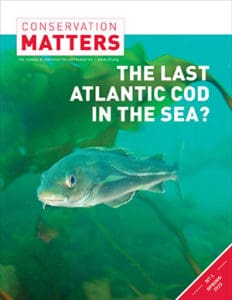Apr 09, 2020
“This decision confirms that even the federal government is not above the law,” said Erica Fuller, a senior attorney at the Boston-based Conservation Law Foundation, one of four groups that filed the lawsuit. “We must do whatever it takes to ensure right whales are here for future generations, and that starts with obeying the Endangered Species Act.”
Mar 31, 2020
UPDATE: In the midst of a global pandemic, the Trump administration has taken the final steps to roll-back Obama-era rules that clean up our air and lower the carbon pollution from cars and trucks – often hailed as the federal government’s most important effort to tackle the climate crisis.
Mar 31, 2020
“Rolling back critical public health protections in the midst of a pandemic is appalling,” said Emily Green, Senior Attorney at CLF. “The clean car standards are designed to protect our health while saving drivers money at the gas pump. This administration’s rejection of science and accountability knows no bounds, and we’ll continue to challenge this reckless rule change.”
Mar 30, 2020
Overfishing and inept management have driven Atlantic cod to the brink. Now climate change looms. Atlantic cod still have a chance at survival, but it’s not going to be easy.
Mar 27, 2020
“Polluters are going to be able to get out of compliance, cut corners, save money. And as long as they create the record, EPA is not going to enforce. And that’s going to lead to more pollution in our lungs, in our waters, and affecting the health of our communities.”
Mar 24, 2020
“Congress must prioritize people over polluters,” said Bradley Campbell, President of Conservation Law Foundation. “The very communities that continue to suffer disproportionately high rates of disease at the hands of big oil are now directly affected by the COVID-19 outbreak. Any relief legislation must be focused on helping these families and not bailing out big oil and gas.”
Mar 23, 2020
For centuries, Atlantic cod has been essential to New England’s identity. Yet today, you can rarely find locally caught cod in a grocery store or on a menu – because it has been fished to the brink of disaster. Here’s what it’s going to take to save New England’s founding fish.
Mar 13, 2020
We’re turning promises into meaningful climate action.
Mar 06, 2020
This magnificent whale is on the brink of extinction.
Feb 28, 2020
In general, plastic bag bans aren’t perfect, wrote policy analyst John Hite for the Conservation Law Foundation, but they’re a good start. Hite pointed out that, even in studies showing that plastic bag bans increased purchases of thicker trash bags and paper bags, the bans consistently decreased the overall use of single-use plastic bags.







